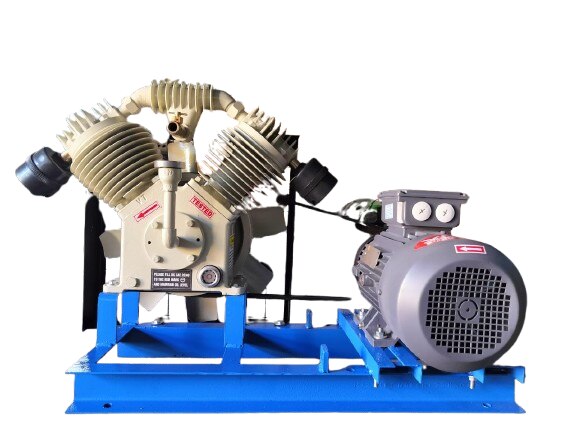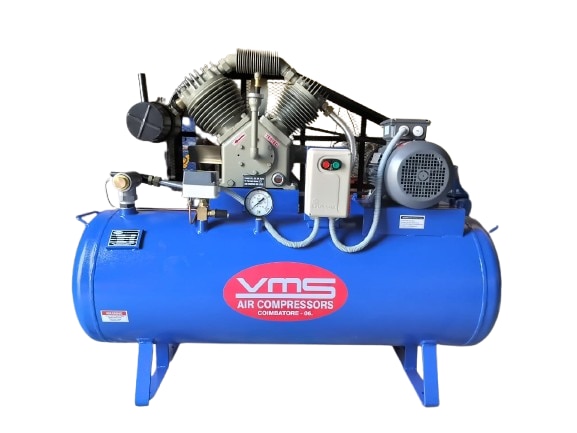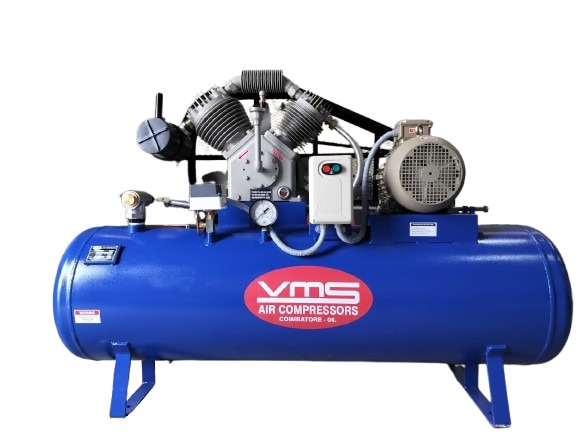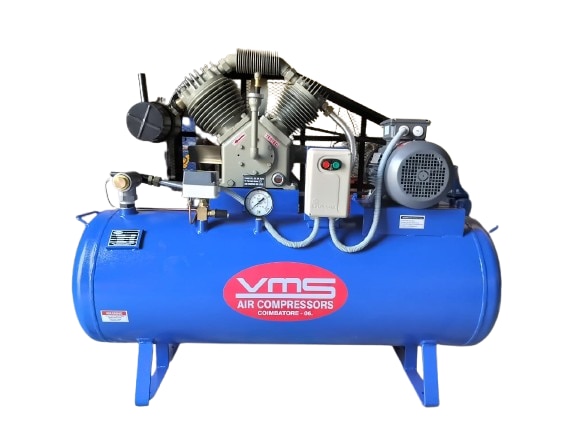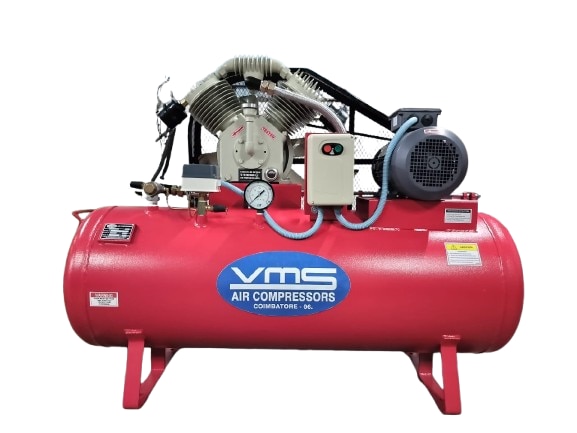Description
Product details
Borewell compressors are used to extract water from deep borewells by forcing compressed air into the well, creating a pressure difference that allows the water to rise and be pumped out, suitable for agricultural, industrial, and domestic use. How Borewell Compressors Work: Compressed Air: A compressor forces air into the borewell through a pipe, creating a pressurized air column. Pressure Difference: The compressed air creates a pressure difference between the air-water mixture and the surrounding water column. Water Ascent: The lighter air-water mixture rises in the discharge pipe and flows out, effectively pumping water from the borewell. Pulsed Water Flow: The water outflow is typically pulsed, not continuous, and depends on the borewell's yield and water level. Advantages of Borewell Compressors: Deep Water Access: They allow access to water resources at greater depths. Reliable Water Supply: They ensure a consistent and reliable water supply. Versatile Applications: They are suitable for agricultural, industrial, and domestic water needs. Energy Efficiency: Compared to other methods, air compressors can be more energy-efficient. Low Maintenance: Borewell compressors are designed for efficiency and low maintenance. Saltwater Tolerance: They can work in saline or dirty water conditions. Borewell Collapse Prevention: They are preferred in areas where there's a risk of borewell collapse. Considerations: Pulsed Water Flow: The water flow is not continuous, but pulsed. Discharge Pipe: The discharge pipe should not be connected to a long pipeline to avoid water hammer. Borewell Yield: The amount of water discharged depends on the borewell's yield. Maintenance: While designed for low maintenance, regular checks and servicing are still important.


